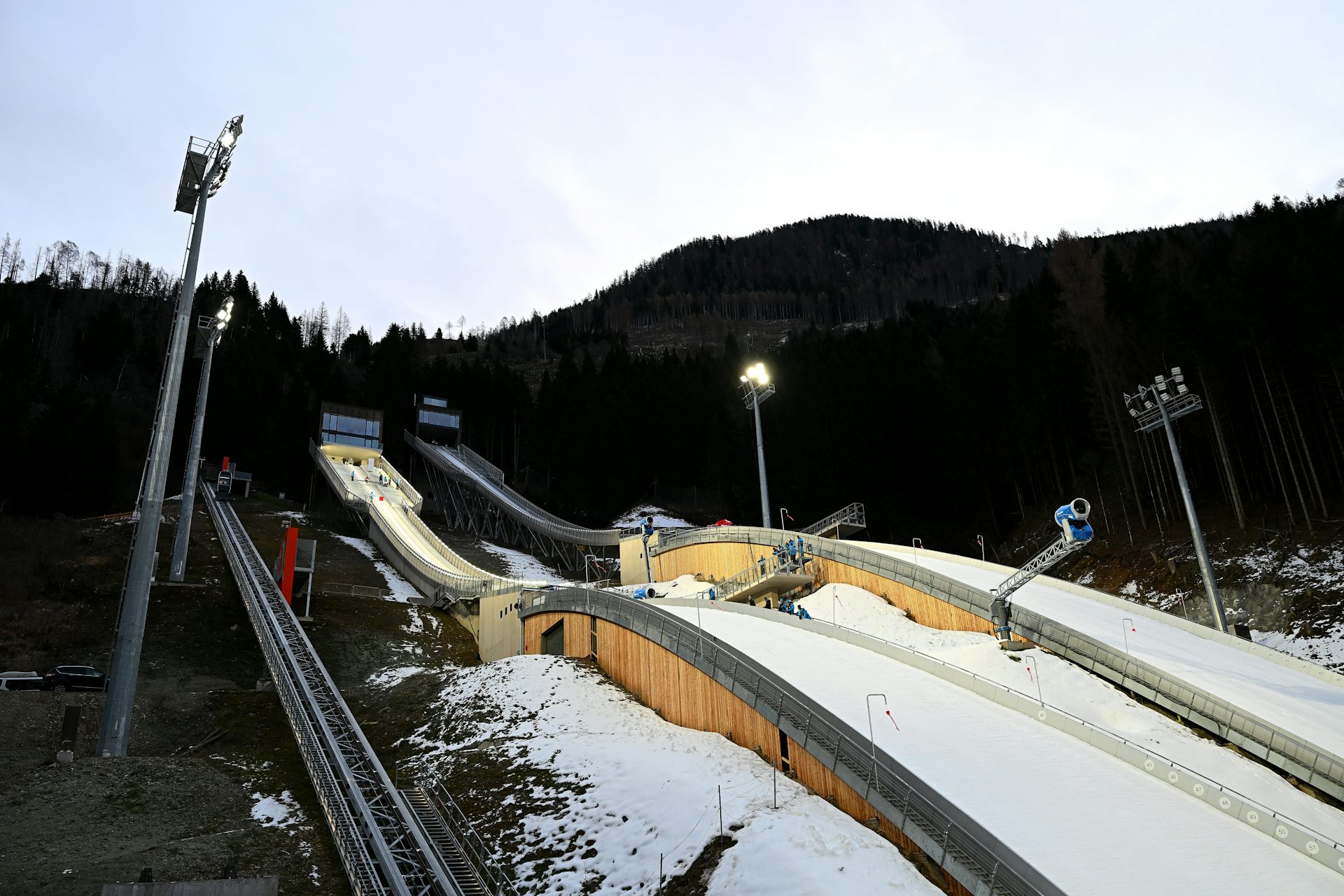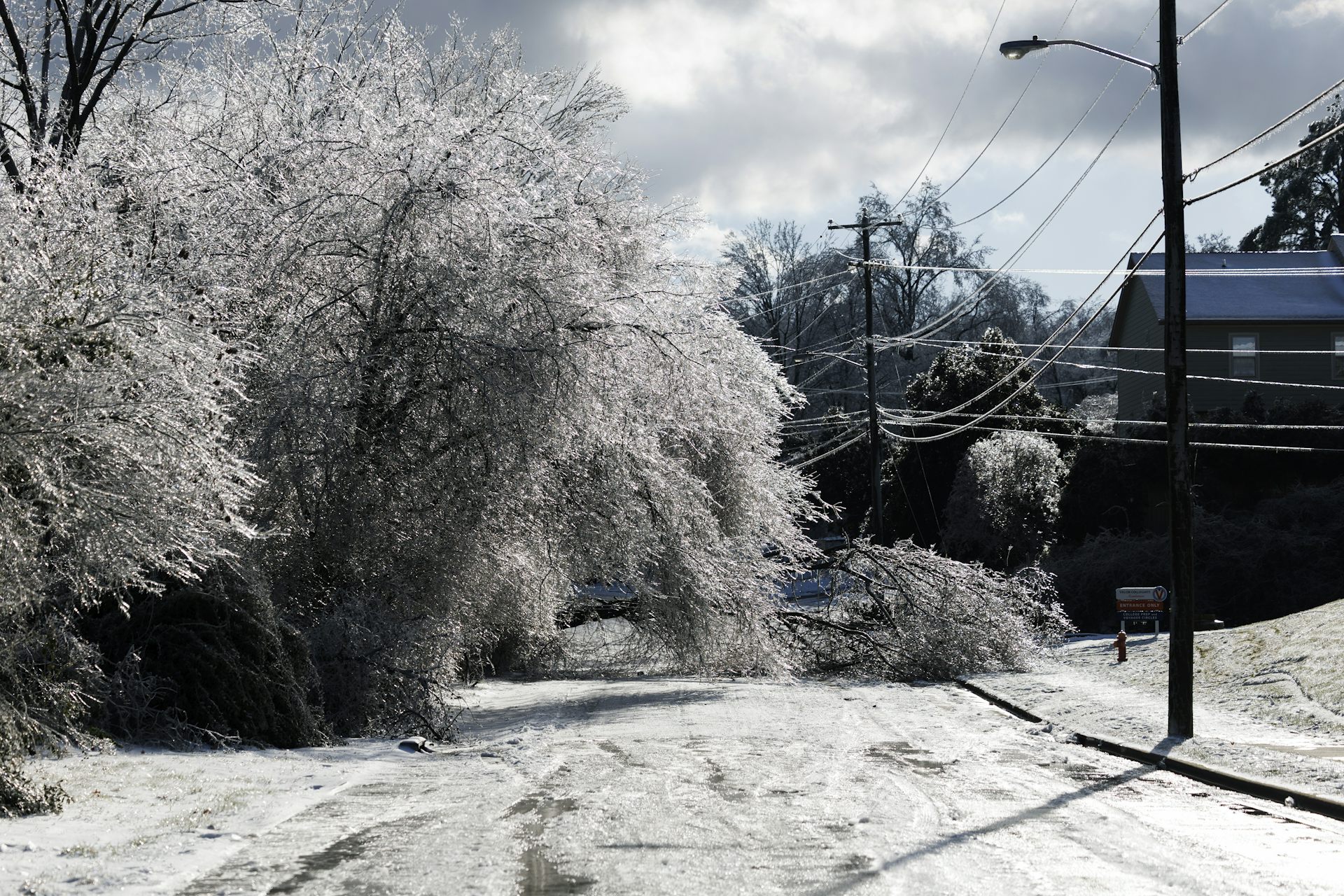1 in 4 Colorado 11th-graders skipped their state's standardized test − geography and income help exp
The opt-out movement caught on heavily in Colorado in the late 2010s. A group of education scholars is exploring the reasons why.

The Research Brief is a short take about interesting academic work.
The big idea
About one in four 11th-graders in Colorado exercised their right to skip the state’s official science test each year between 2016 and 2019. More specifically, between 23 percent and 27 percent of 11th-graders did not participate in the science exam during those years. That’s what we found in a study published in AERA Open. Our study was based on a geographical analysis of state data that revealed how many students decided to skip the test during the years in question.
Why it matters
Opting out of tests is part of a recent national educational movement across the United States. The opt-out movement garnered national attention in 2015 and 2016 after growing dissatisfaction with high-stakes testing, both as a tool to evaluate teacher performance and assess student learning. Many students and parents do not believe in the importance of standardized tests as a measure of academic achievement.
Much of the opt-out movement was led by parents who chose to keep their children home from school on the test day. They often acted in coordination with national groups such as United Opt Out. Colorado is a unique case, though, because high school students were actively involved in the opt-out movement and were protesting the use of standardized tests.
Opting-out behavior varied dramatically among certain subgroups in Colorado. Generally, schools with higher proportions of white students and more students on free and reduced lunch plans had lower opt-out rates. Students at charter schools were also less likely to opt out of the 11th grade science exam. Schools with larger class sizes had higher opt-out rates.
But the state’s geography plays a critical role – not all trends are the same across the state. The opt-out movement was more prominent in certain parts of the state and among certain groups. For instance, we found that poor students in more rural and politically conservative communities were more likely to opt out than poor students in other areas of the state, such as Denver, which is politically more liberal.
Rural schools in eastern Colorado tended to have higher test participation rates. At the same time, some of the rural schools along the I-70 corridor and on the Western Slope had substantially lower test participation rates. Charter schools tended to have lower opt-out rates than regular public schools. However, charter schools in Denver and northern Colorado tended to have much higher opt-out rates than charter schools across the rest of the state.
The findings from our study tell a complicated story of standardized test participation in Colorado. The findings show how demographics, school governance and geography all affect whether students participate in standardized tests in Colorado.
What’s next
Based on our analysis, we cannot determine the exact reasons students opted out of tests. We also could not determine to what extent youth led the movement to opt out of 11th grade science exams. We plan to find out how and why students decided to opt out of tests in Colorado through survey and qualitative research studies beginning in fall 2023. We also plan to look at opting-out trends in other states.
Sherman Dorn is affiliated with the National Education Policy Center.
Carlos Casanova, Kathryn Chapman, and Lydia Ross do not work for, consult, own shares in or receive funding from any company or organisation that would benefit from this article, and have disclosed no relevant affiliations beyond their academic appointment.
Read These Next
The Supreme Court may soon diminish Black political power, undoing generations of gains
The Supreme Court appears poised to abolish a key part of the Voting Rights Act. It may draw on a constitutional…
Confused by the new dietary guidelines? Focus on these simple, evidence-based shifts to lower your c
Red meat and dairy may be grabbing the headlines, but processed foods and sugary drinks remain the real…
Climate change threatens the Winter Olympics’ future – and even snowmaking has limits for saving the
Innovations have made recent Winter Games possible, but the future climate will have a big impact on…






